
AI in Finance – Teaching an Old Dog New Tricks
AI is revolutionizing finance, but integrating it into traditional systems can feel like teaching an old dog new tricks—challenging, yet full of potential.
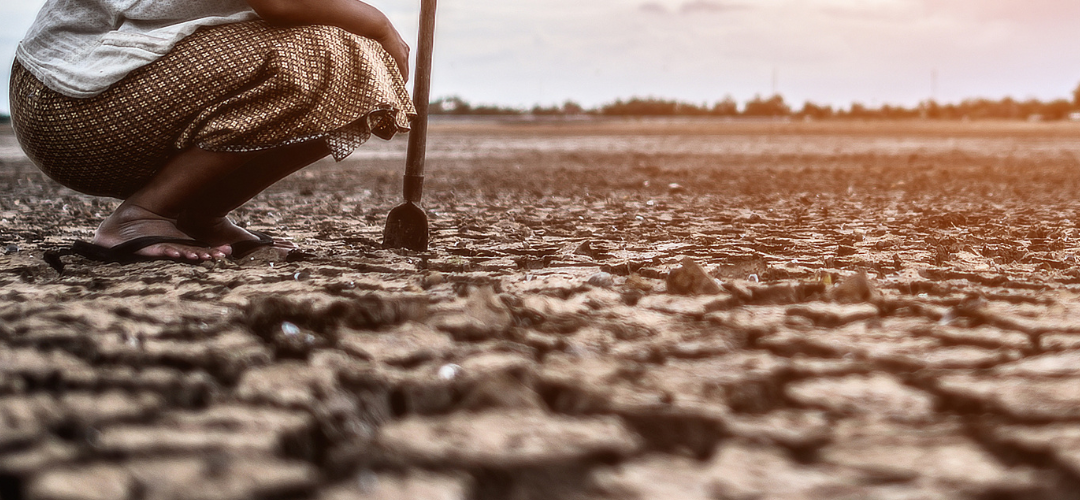
First, I must confess. I am hooked on anything Italy-related. From its high Alps in the north to the hot and sunny south of the Puglia region and Sicily. This wonderful country was my home for several years and left a deep imprint on me. While on vacation, just a few days ago, I was travelling through the Po Valley and over the great rice fields where well-known risotto rice is cultivated. This beautiful car ride wasn’t what it used to be. This time, it was glum and eerie.
This region, which is responsible for a significant part of Italy’s agricultural production, is suffering from a drought not seen since 1952. Long months without rain, high temperatures, and a dry winter have led the entire region to a severe water crisis.
You can’t miss it, an eye sore, the Po River’s water level is extremely low, the edge of Italy’s longest river has now moved very far from the water line. The banks of the river, which are normally green, now reveal dozens of meters of sand and pebbles.
We kept going south, and reached the city of Parma. Here, the renowned Parmigiano cheese has a protected designation of origin (PDO), a geographical indication defined within European Union law to protect regional agricultural products. The streams that run through the region have almost completely dried up, and the many plots where fodder is grown for the Parmesan cows are now irrigated with large water cannons. Talking to local farmers, I could understand just how dire the situation is. “If rain will not fall soon, we may face the inability to irrigate, which of course will prevent us from supplying fodder to the cows”. These plots of land are the source of the fodder which guarantees the quality of the produce that has been produced here for hundreds of years. If that’s not enough, unusual high temperatures felt in the area significantly affect milk yield. I was there when the temperature spiked to 41 °C.
Unfortunately, difficult days are becoming the new norm, not just locally but globally. Climate change doesn’t just mean global warming, but it means extreme deviations from climatic averages, which sectors like agriculture, transportation, tourism and much more are not used to. To mitigate the effects of this new “normal”, the transition to agricultural processes that demand less water must be rapid. According to the World Bank, 70% of the available fresh water goes to agriculture. This reality is no longer sustainable. Reducing the energy consumed for high-pressure irrigation, drastic reduction of flood irrigation, decreasing the use of fertilizers and pesticides, reducing food loss and waste along the value chain, all of these changes are urgently required now. Some of the solutions for the Po Valley farmers and for many others already exist, and it is time for a fast-paced transition to low-pressure and drip irrigation, as well as to advanced methods of precision agriculture that reduce the use of inputs for plant growth to the minimum.
As a consulting company that meets hundreds of entrepreneurs and investors every year, we are witnessing a change. Resources are gradually being directed to technological solutions in the domains of agriculture, water management and energy consumption. This change is not just a revolution, but an evolution. It seems that the next few years will belong to food and sustainability entrepreneurs in this fast-changing environment. If we do not innovate and implement now, our next plate of risotto will be much more expensive, if it even makes it to our plate at all.
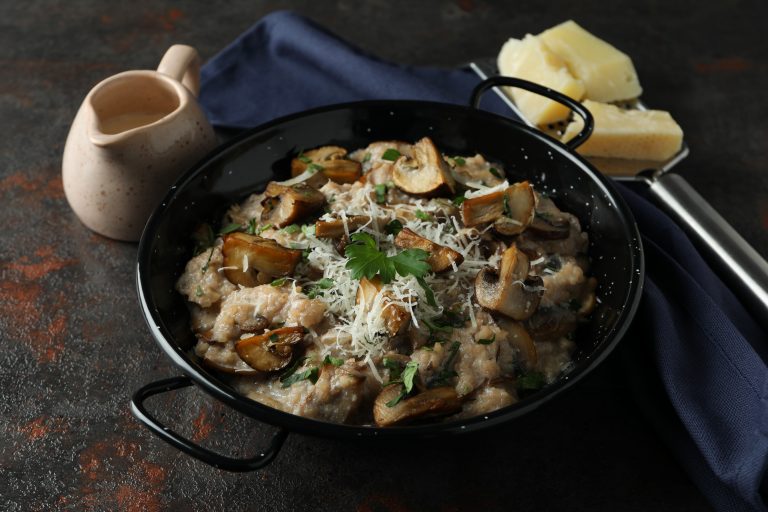

AI is revolutionizing finance, but integrating it into traditional systems can feel like teaching an old dog new tricks—challenging, yet full of potential.
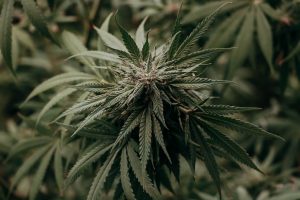
His return raises questions about the future of federal policy—and what it could mean for the Israeli market.
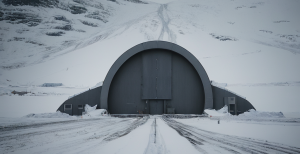
Most companies lack a proper Business Continuity Plan (BCP). So what happens when doomsday is today?
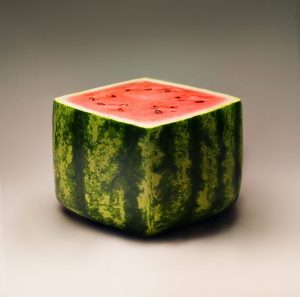
Square watermelon syndrome – is your company innovative or are you just executing ‘innovation-like’ behaviors that just look good?
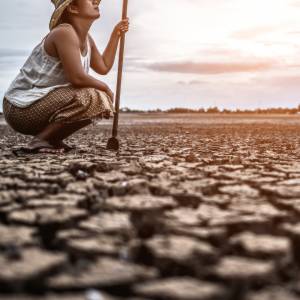
Climate change is about much more than deviations from climatic averages. It also means our food plates could look different in the near future.

The ripple effects of the Russia-Ukraine War. What happens when your R&D teams are located in Eastern Europe?


